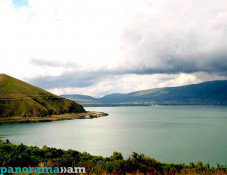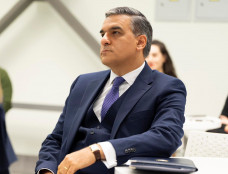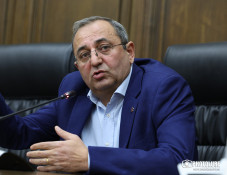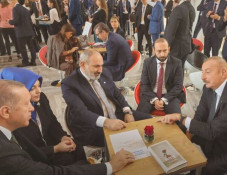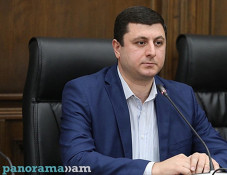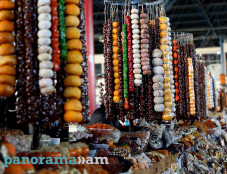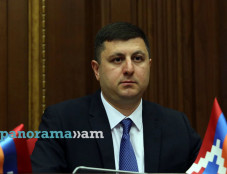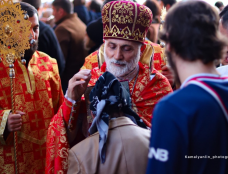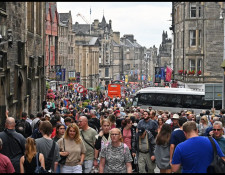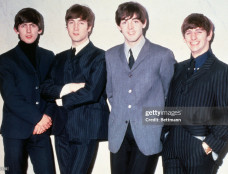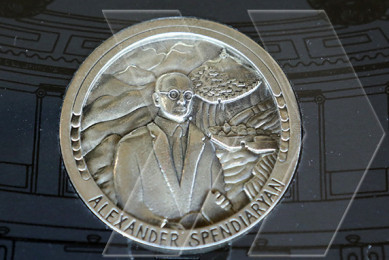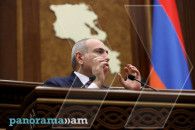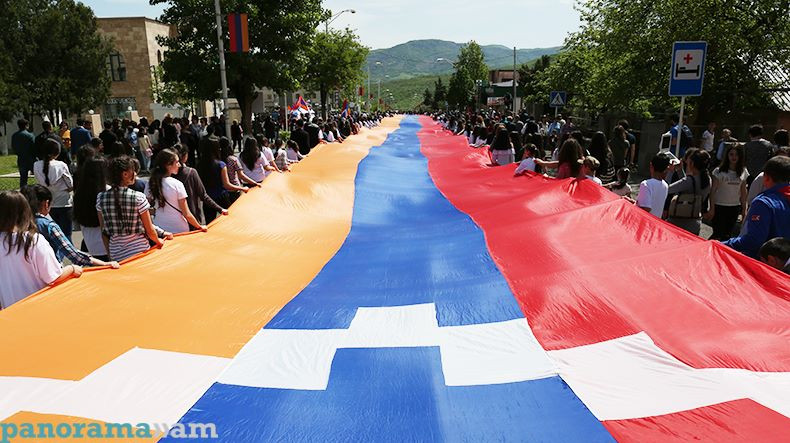
Stepanakert-Shushi: Talks about war, victory and peace
On May 9, any visitor to Artsakh (Nagorno-Karabakh) Republic can hear congratulations in half-Armenian, half-Russian, and half-Artsakh languages on his way to Renaissance Square of Stepanakert, which indicates that the city is ready for the celebrations. In general, on seeing each other on that day, the first thing Karabakh people do is to congratulate each other, even to the foreigners. Acquaintances and strangers join the military parade participants, singing songs and waving flags.
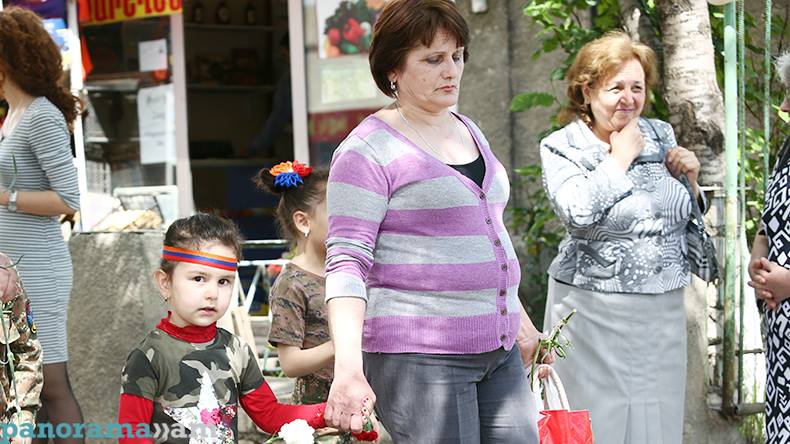
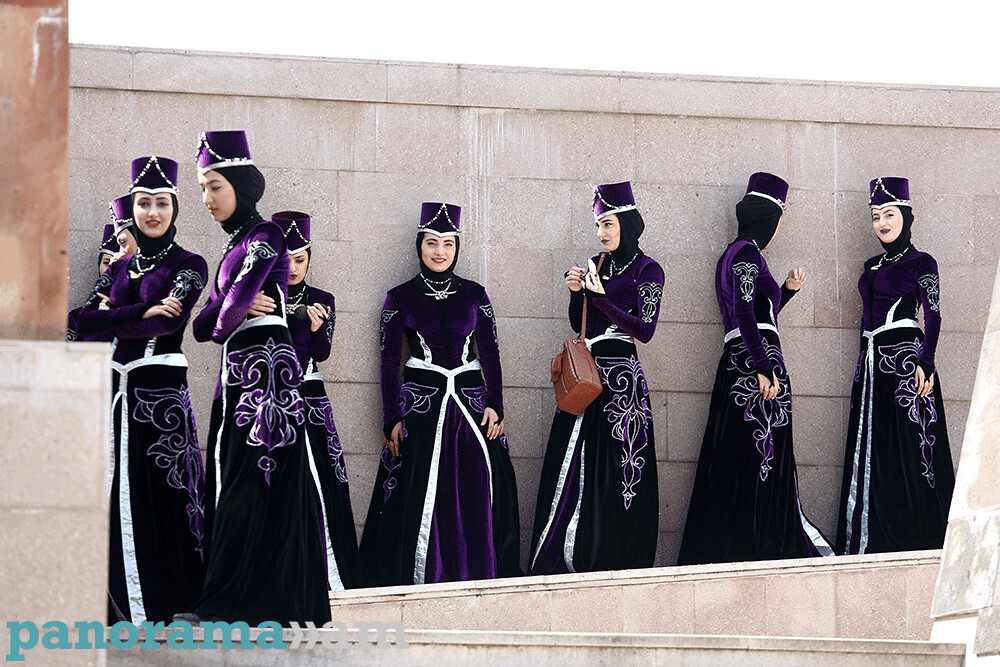
When looking at the little gold-hair girls wearing military informs, one gets an impression that their looks say ‘I am the victory’. When looking at them and at the city, you refuse to believe that once it faced a war and today Stepanakert could be a city of rubbles.
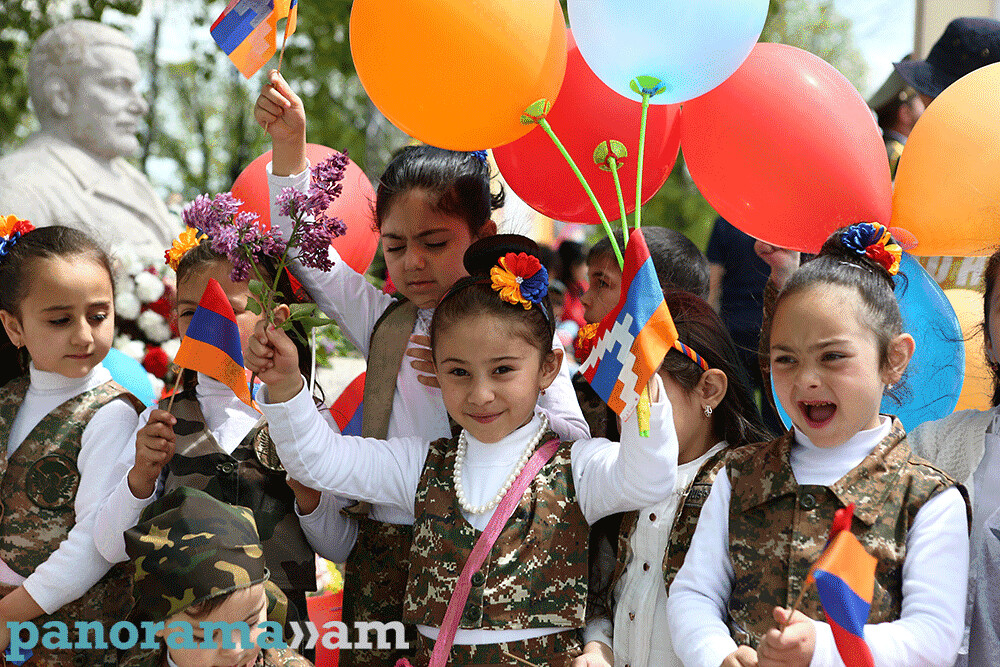
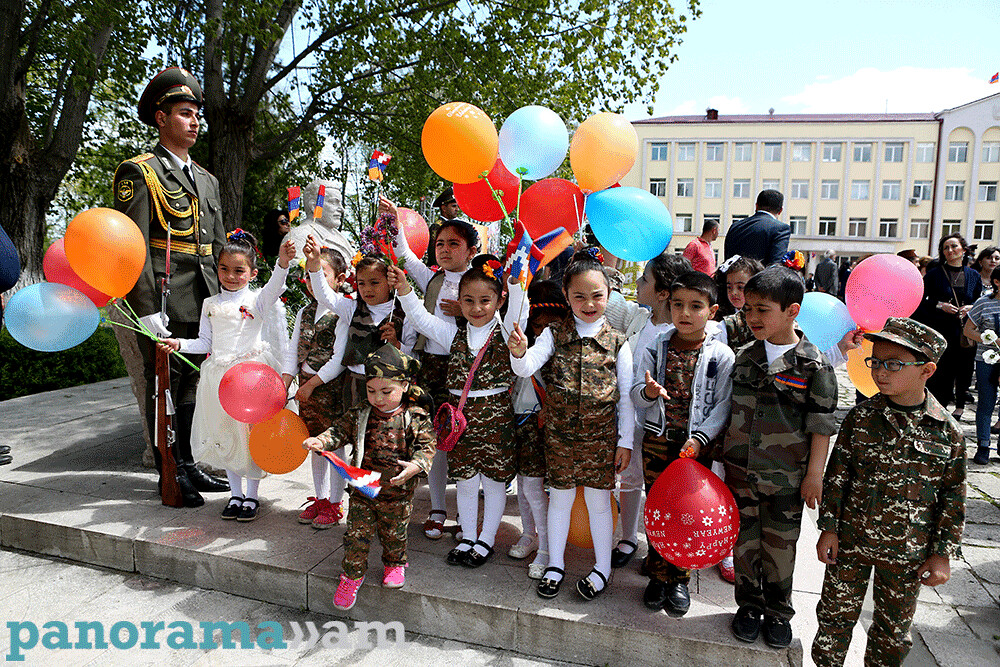
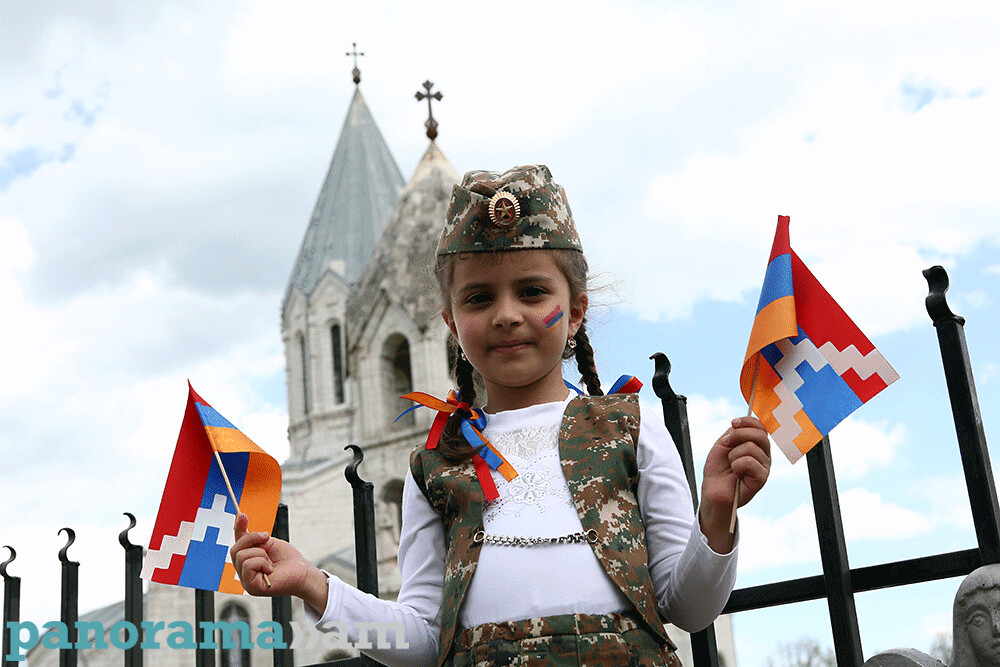
As if reading my thoughts, a woman with a smile on her faces said: “On this day 25 years ago, we were hiding at basements in Stepanakert. When looking at the direction of Shushi in the morning, we saw a flame rising from the city and received the news on Shushi’s liberation – we were relieved.”
It turned out that my interlocutor’s name was Anahit Yesayan, who is a historian living in Shushi currently.
She states that Shushi’s liberation did not only referred to taking back the city, it was also a herald of salvation, which meant that the war was coming to its end.
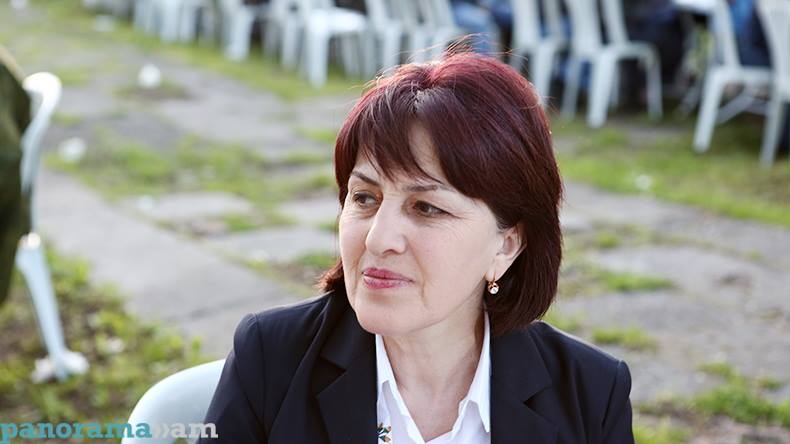
Nune Abovyan, another one of my interlocutors, preferred to talk about life instead of the war, saying that today’s youth of Shushi feels her soul with glory. Mrs. Abovyan turned out to be the head of the city’s Civil Status Registration Office and on finding out that I am not married, she jokingly offered to marry me in Shashi.
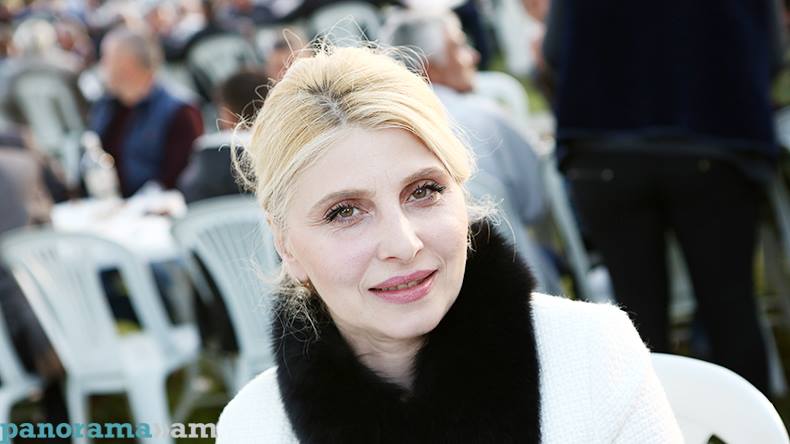
In general, duringmy three-day tour to Artsakh, I learnt not to be surprised of anything. Karabakh people are surprisingly openhearted and hospitable. You can visit Artsakh without booking a place of residence in advance; you will certainly not be left outside. You can also not take money with you, as the hospitable people treat you on every spot.
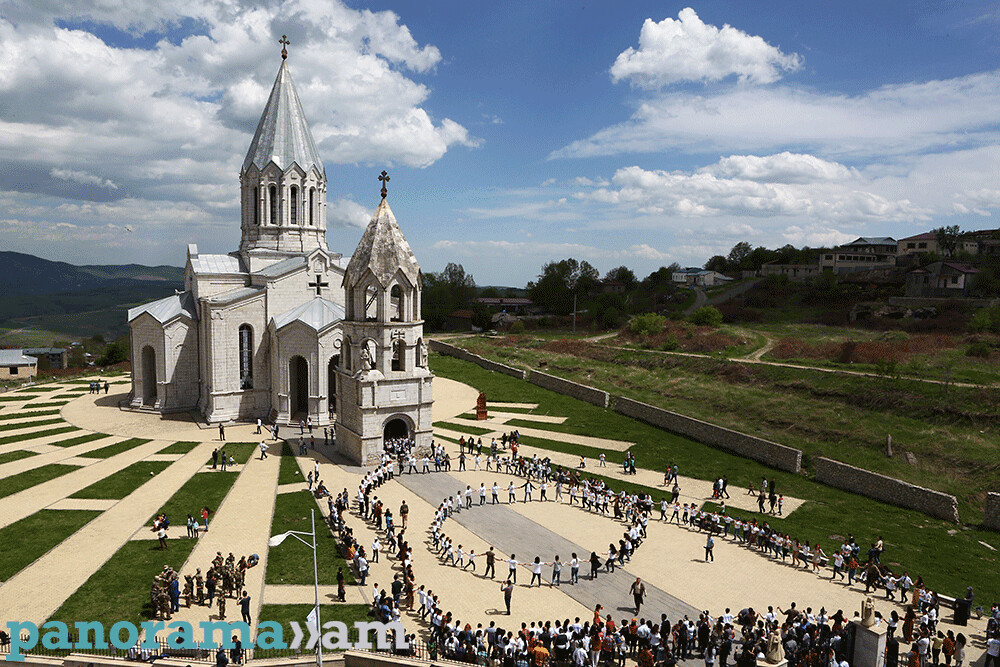
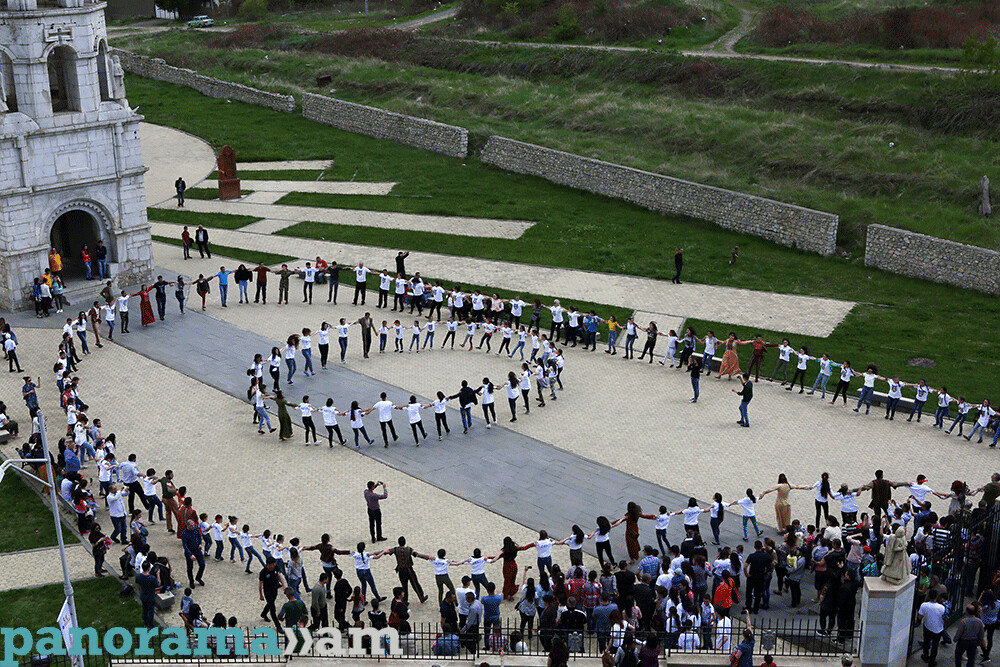
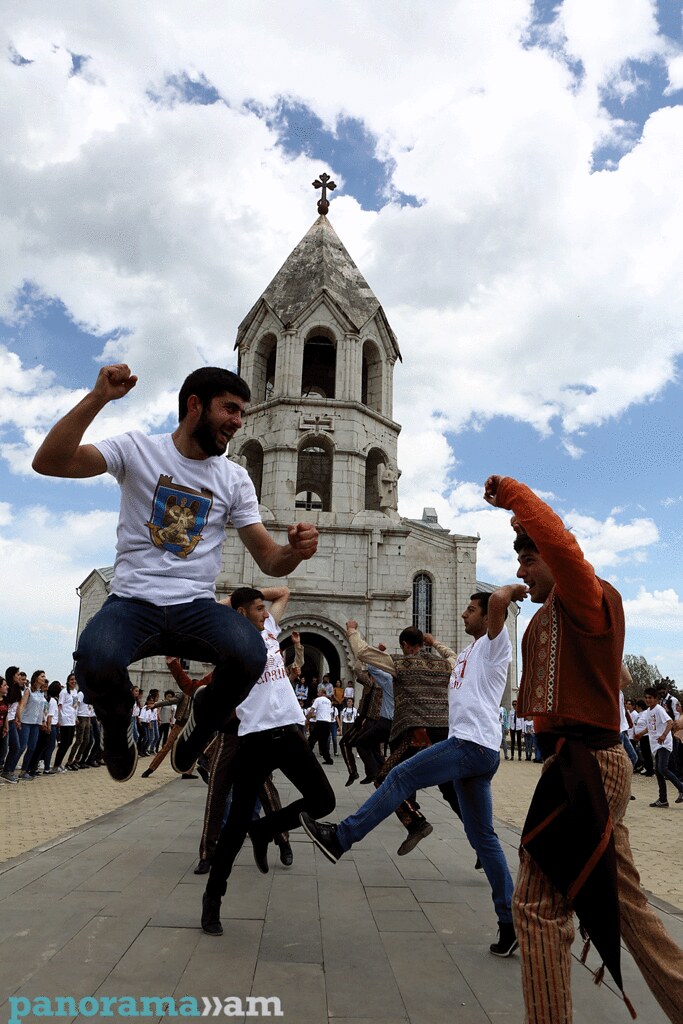
In Shushi, the city of angles, everything is perfectly beautiful – people, city, churches, buildings and especially the children.
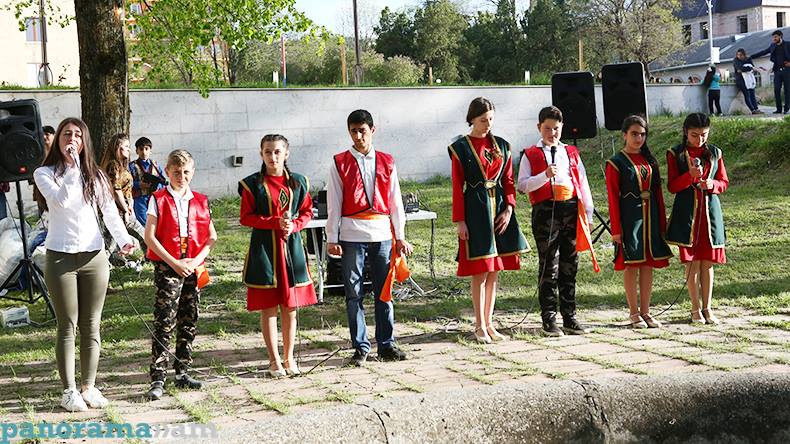
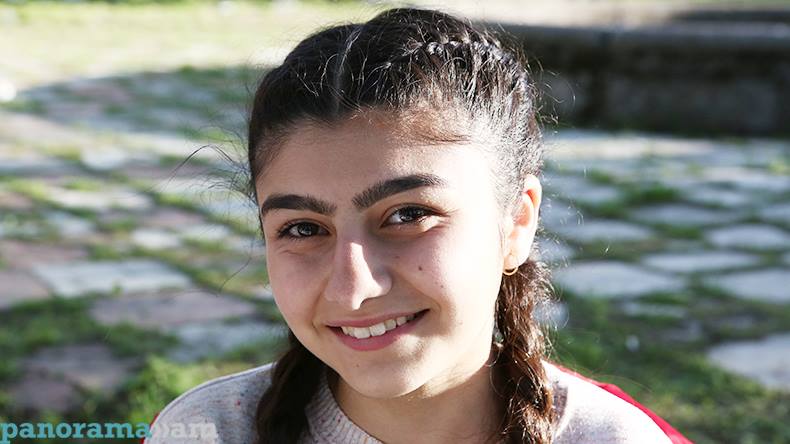
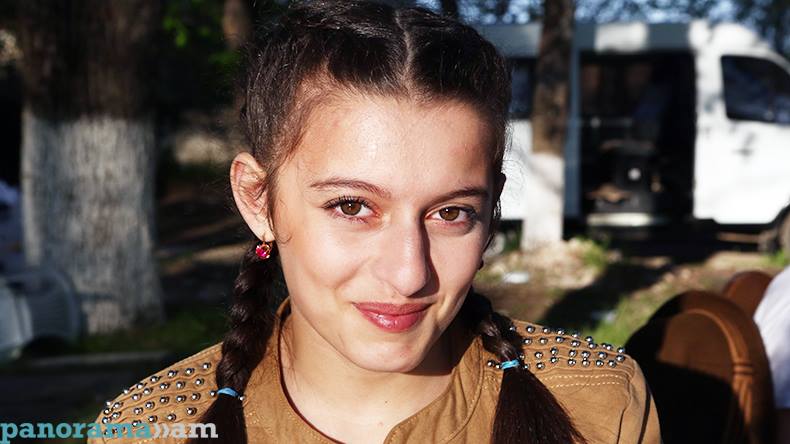
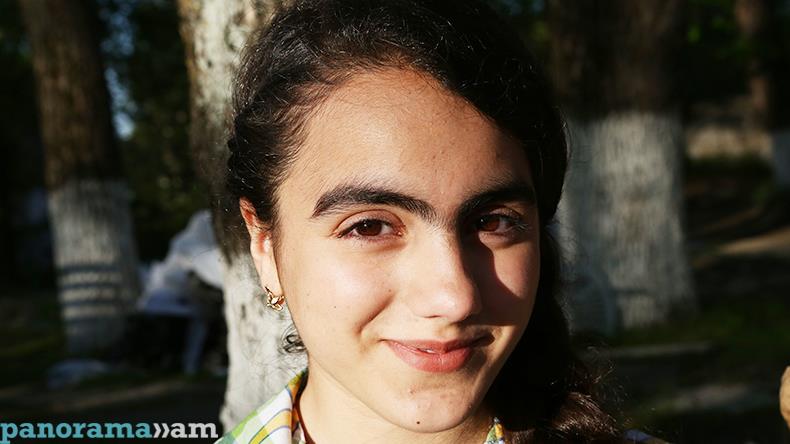
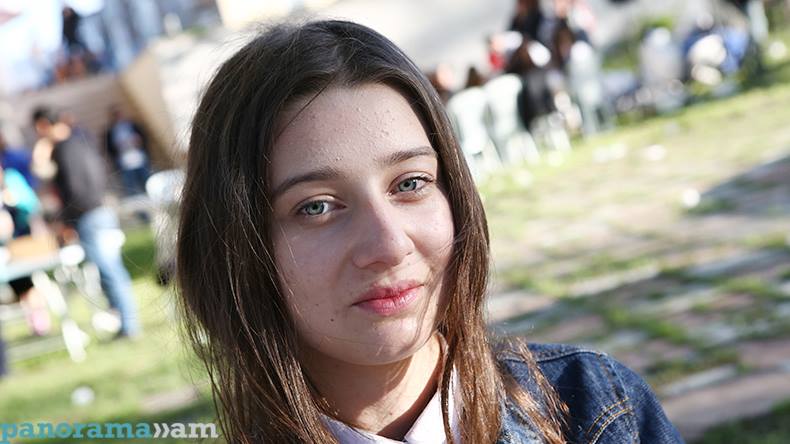
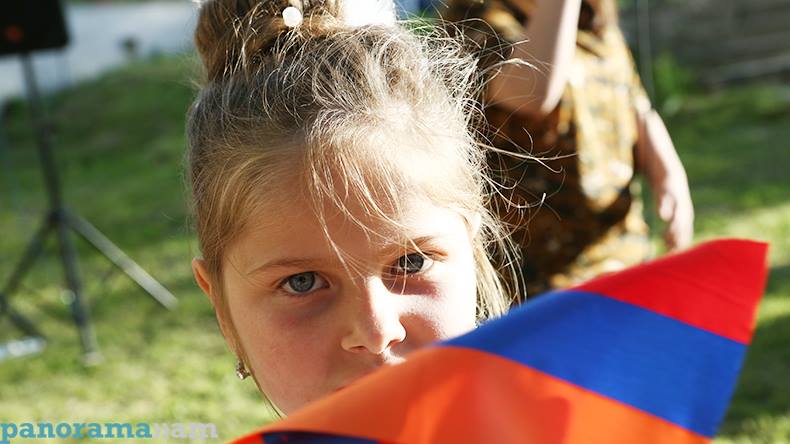

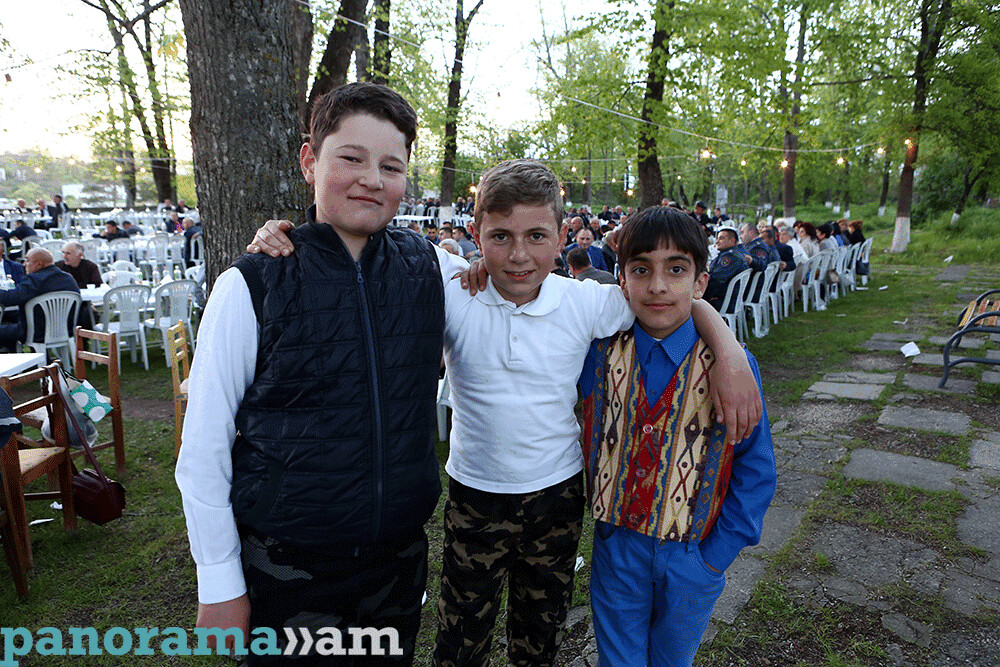
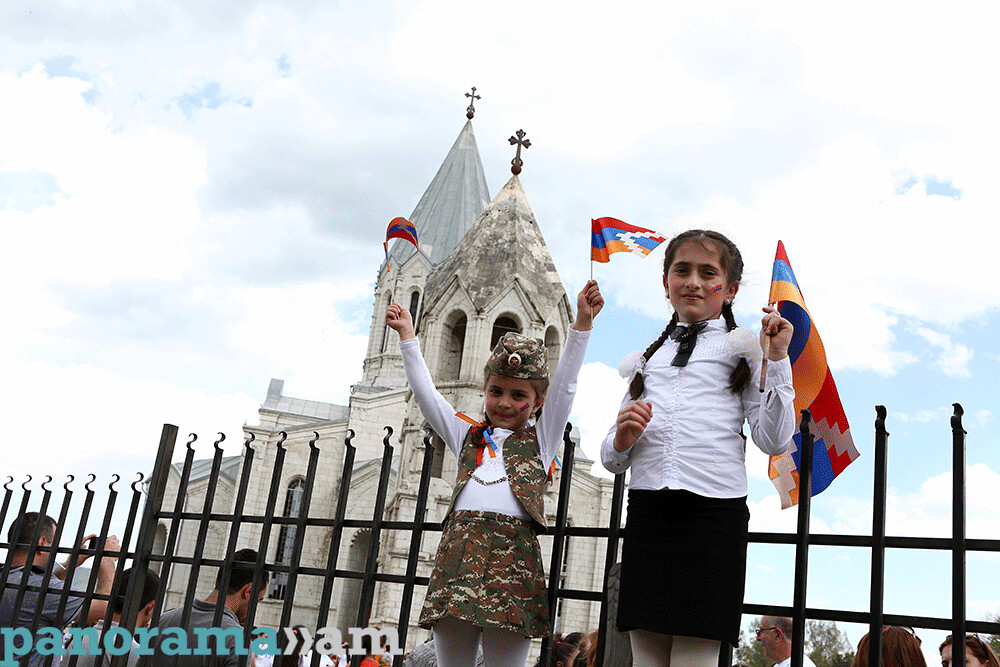
The city is the prototype of the nation-army concept. There is no family in the city that does not have a boy or girl who fought during the Artsakh war. Shushi is a city of heroes. Meantime, together with celebrating the victory, the city heroes never forget the price they paid to achieve it. For instance, participant of the Shushi Liberation War Edward Khachatryan, who claims to have sustained 14 gunshot wounds during the war, on May 9 first of all remembers his friend Hamayak Tsaturyan (known as Hamo), who was the first victim of the liberation war.
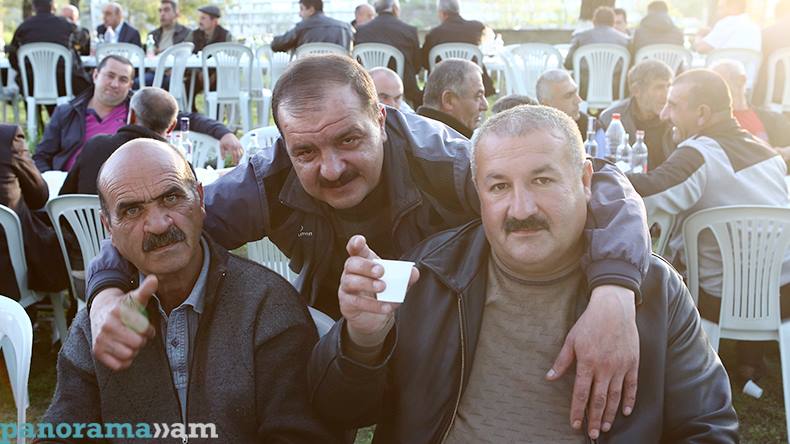
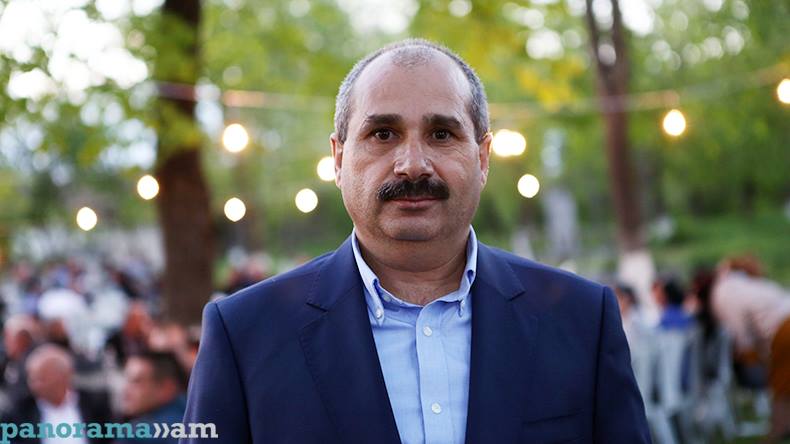
“Our lives happed to develop this way. As it can be seen in Parajanov’s film “The Colour of Pomegranates”, there is a funeral on the right side and a marriage on the left side. And this is the meaning of our lives – to live. We totally realize the price of the life, as we have faced death,” says Shushi Liberation War participant Sargis Galstyan, the current director of the city’s Avan Plaza hotel.
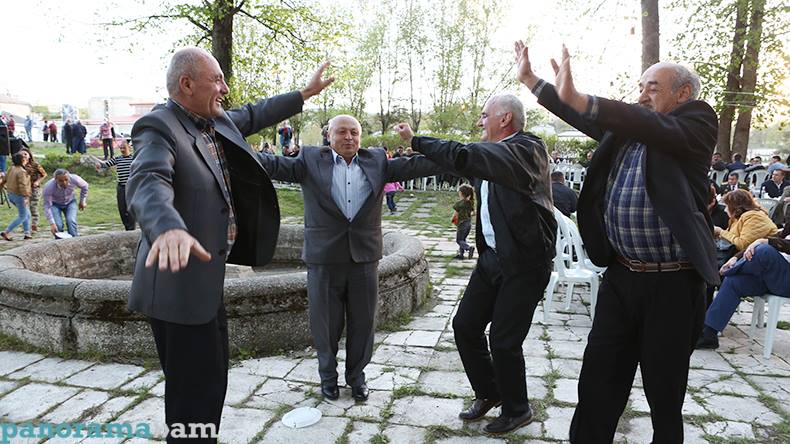
Commander of Karin Tak self-defence military unit recalls: “Before May 8, first level alerts were issued for multiple times for us to get prepared for an offensive towards Shushi. At the evening of May 8, we were already ready. We were to attack the district called Nabilyar and from there to reach Shushi and Lachin. The liberation of Shushi was the duty of all of us.”
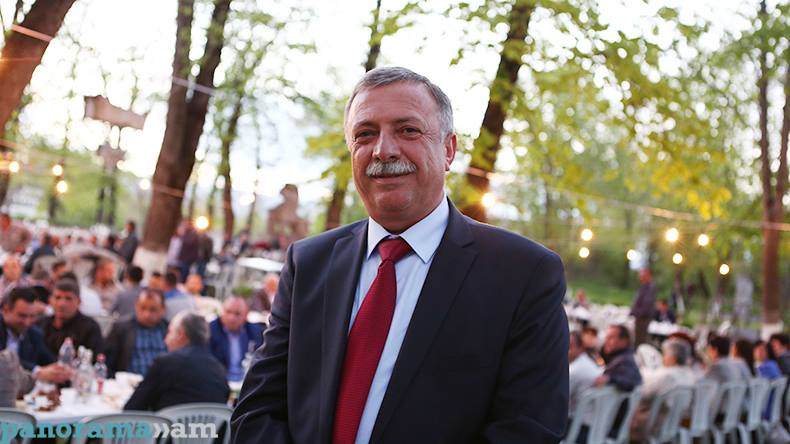
Head of Kashatagh's regional administration Suren Khachatryan, who also participated at the Shushi Liberation, today thinks back, firstly recalling his fellow soldiers who he lost to the war.
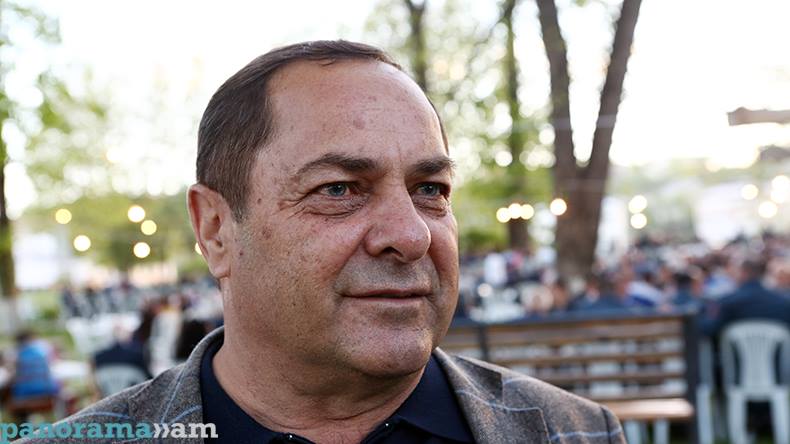
Vladimir Kasyan, Head of Shushi’s regional administration, is also among the war participants. “For centuries we wanted to see Shushi as an Armenian city. Our dream came true on May 9 1992. Shushi has been the second city after Tbilisi, it has been a central tourism destination. I wish that Shushi regained its former glory when its permanent population totalled to 12.000 people, almost doubling during summer months,” he says.
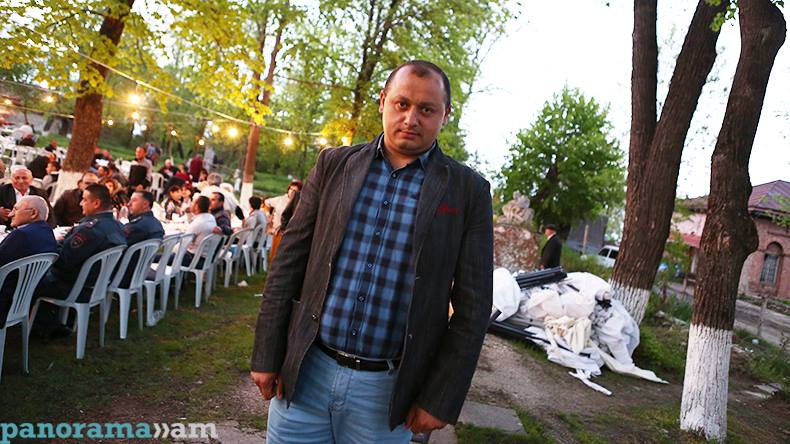
We also talked to Georgy Hayrapetyan, Shushi’s chief architect. Although Mr. Hayrapetyan was a little boy during those years, he clearly remembers Artskah amid those events. Due to those memories, the architect took part in the April war, without thinking twice. He says that he is closer to the fulfilment of his dream by reconstructing Shushi day by day.
Then the loud music and fireworks muffles all the voices, only the congratulations on the Liberation of Shushi and the Victory of the Great Patriotic war could be heard.
I return to Armenia with a feeling that I have left my friends in Artsakh. Maybe it was because of the wine that poetic words come to my mind “This is my country; so small-sized that I freely keep in my hear not to lose it ever.”
Newsfeed
Videos





